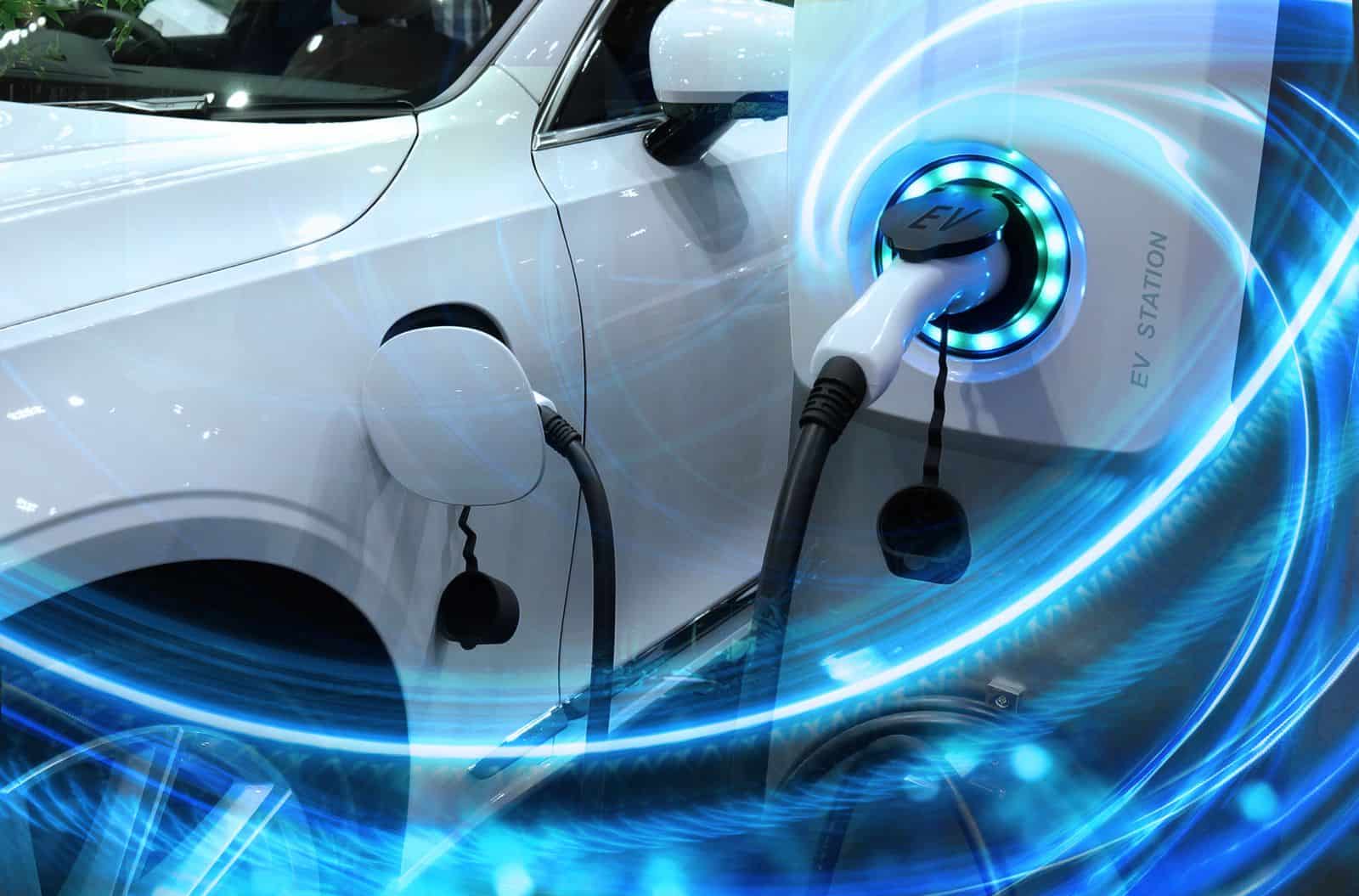In recent years, the global automotive industry has witnessed a profound shift towards sustainability, with electric vehicles (EVs) emerging as a key solution to combat climate change and reduce dependence on fossil fuels. Malaysia, a nation known for its vibrant automotive sector, is also experiencing the rise of EVs, signalling a transformative moment for drivers and the transportation landscape as a whole.
The transition towards electric mobility in Malaysia is driven by a combination of factors, including growing environmental awareness, advances in technology, and government initiatives to promote sustainable transportation. With concerns over air pollution and carbon emissions mounting, EVs offer a promising solution to reduce the environmental impact of transportation while also addressing energy security and economic concerns.
Recognising the potential of electric vehicles to mitigate climate change and enhance energy security, the Malaysian government has implemented various policies and incentives to encourage the adoption of EVs. These include tax exemptions, rebates, and grants for EV purchases, as well as initiatives to develop charging infrastructure and promote research and development in electric mobility.
One of the key challenges in the widespread adoption of electric vehicles is the availability of charging infrastructure. In response to this challenge, the Malaysian government, in collaboration with private sector stakeholders, has been actively expanding the network of EV charging stations across the country. This includes the installation of charging stations in public areas, commercial complexes, and residential areas, as well as the development of fast-charging infrastructure along major highways.
Benefits of the Rise of Electric Vehicles in Malaysia
The rise of electric vehicles in Malaysia offers several benefits for drivers, including:
1. Cost Savings
Electric vehicles have lower operating costs compared to conventional gasoline-powered vehicles, primarily due to lower fuel costs and reduced maintenance requirements. With rising fuel prices and increasing awareness of the long-term cost savings associated with EVs, more drivers are considering making the switch to electric mobility.
2. Environmental Impact
By driving electric vehicles, drivers can significantly reduce their carbon footprint and contribute to efforts to combat climate change. EVs produce zero tailpipe emissions, leading to cleaner air and improved environmental quality in urban areas.
3. Enhanced Driving Experience
Electric vehicles are known for their smooth and quiet operation, as well as instant torque delivery, providing drivers with a more enjoyable and responsive driving experience. With advancements in battery technology and electric drivetrain systems, EVs are becoming increasingly competitive with traditional gasoline-powered vehicles in terms of performance and range.
4. Access to Incentives
In addition to cost savings and environmental benefits, drivers of electric vehicles in Malaysia may also be eligible for various incentives and privileges, such as tax exemptions, reduced road tax, and preferential parking and toll rates. These incentives serve to further incentivise the adoption of EVs and reward drivers for choosing sustainable transportation options.
Overcoming Challenges
Despite the numerous benefits of electric vehicles, several challenges remain that need to be addressed to accelerate their adoption in Malaysia. These include concerns over range anxiety, limited availability of charging infrastructure, high upfront costs, and the need for greater consumer awareness and education about electric mobility.
In Short
As Malaysia continues its journey towards a sustainable transportation future, the rise of electric vehicles represents a significant opportunity to transform the automotive industry and reduce the country’s carbon footprint. By embracing electric mobility and supporting initiatives to develop charging infrastructure and promote EV adoption, drivers can play a crucial role in shaping a cleaner, greener, and more sustainable transportation landscape for future generations.
Overall, the rise of electric vehicles in Malaysia marks a pivotal moment in the country’s transition towards sustainable transportation. With government support, infrastructure development, and growing consumer interest, EVs are poised to revolutionise the way Malaysians commute and contribute to a more sustainable future for all.




